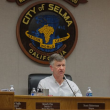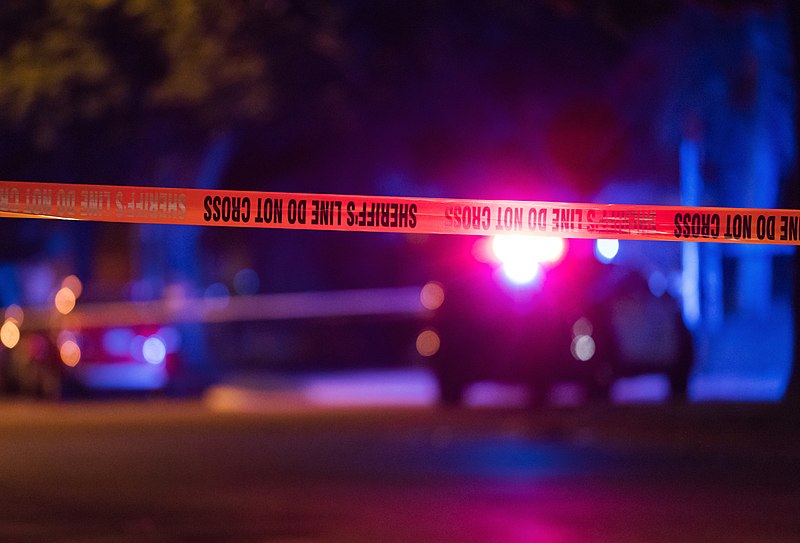California Gov. Gavin Newsom has directed the parole board to conduct an investigation into whether the Menendez brothers would present an “unreasonable risk” to the public if they were to be released from prison.
The Governor emphasized the importance of public safety in evaluating commutation applications, considering factors such as the current risk level of the applicants, the impact on victims, the applicants’ conduct post-offense, involvement in rehabilitative programs, and efforts to mitigate reoffending risks.
The big picture: The parole board’s risk assessment investigation findings will be shared with the court and the District Attorney, ensuring transparency and thorough due diligence in the decision-making process.
- Governor Newsom, in his podcast “This is Gavin Newsom,” highlighted the clemency review process, which involves numerous assessments to guarantee a fair and transparent evaluation of each case.
- Attorney Mark Geragos, representing the Menendez brothers, expressed gratitude and hope following Governor Newsom’s directive to the parole board for the risk assessment investigation.
- A press conference set by Menendez relatives advocating for the brothers’ release was postponed after the Governor’s announcement.
Go deeper: A ninety-day period has been allocated for the risk assessment investigation. If Governor Newsom supports the release of the Menendez brothers, the parole board will have an additional six months to review the case thoroughly.
- Lyle and Erik Menendez, serving life sentences without the possibility of parole, have submitted a clemency request to Governor Newsom, who prioritizes Los Angeles County District Attorney Nathan Hochman’s review before making any decisions.
- Apart from seeking clemency, the Menendez brothers are pursuing habeas corpus petition approval for a review of new evidence and resentencing options, both presenting potential paths to freedom and parole eligibility.
The backstory: The case of the Menendez brothers, stemming from the 1989 murder of their parents, has been marked by legal complexities, contrasting narratives of self-defense and financial motive, and ongoing debates regarding their resentencing prospects.











